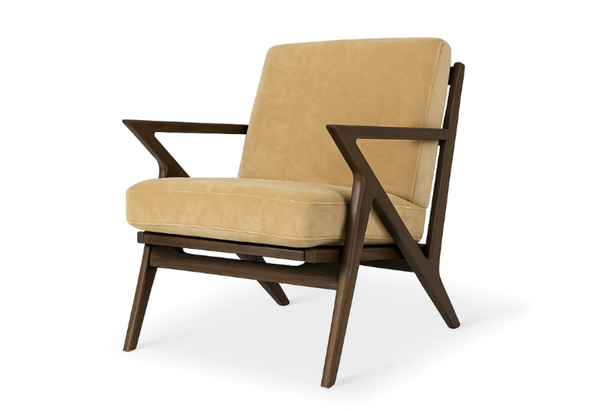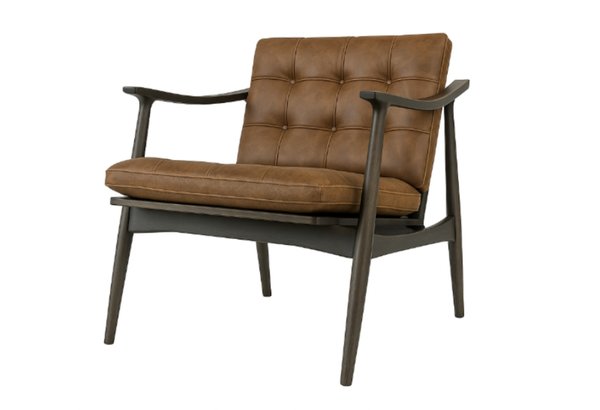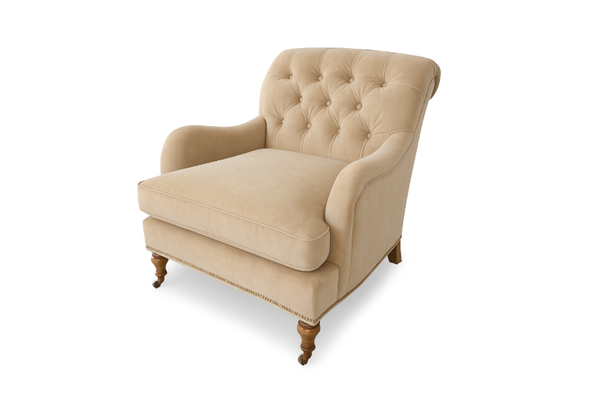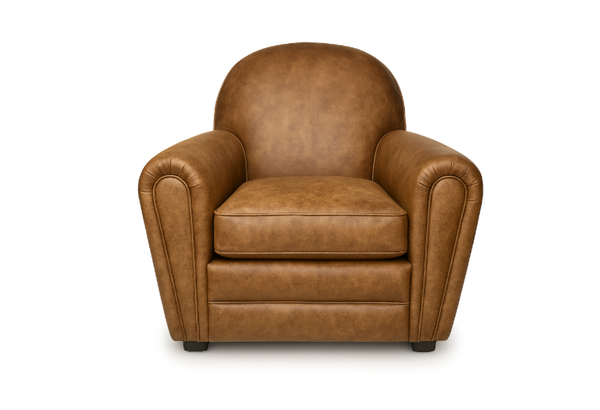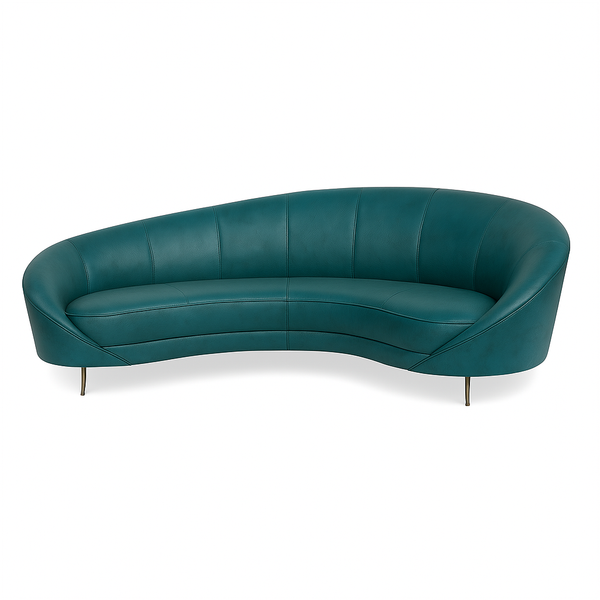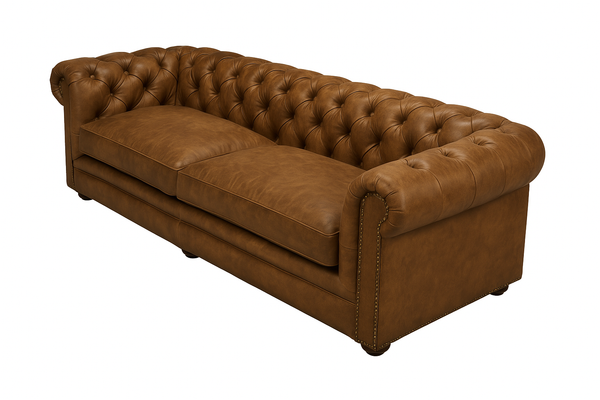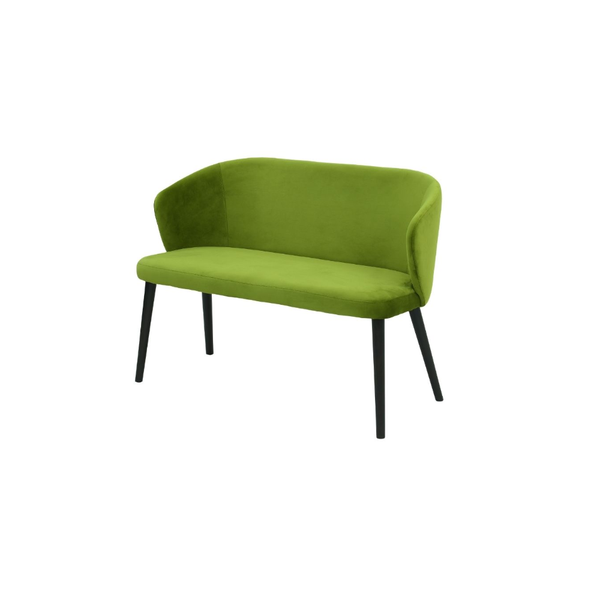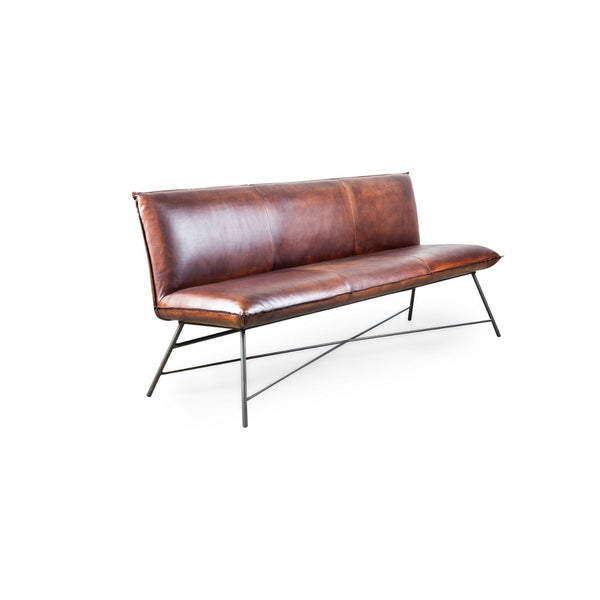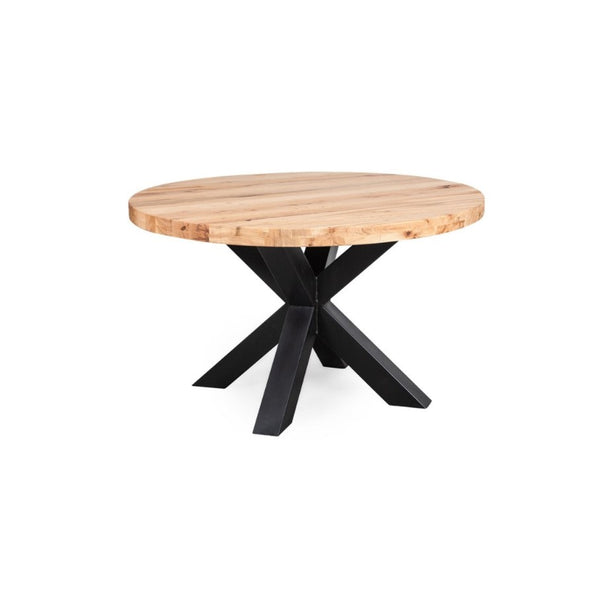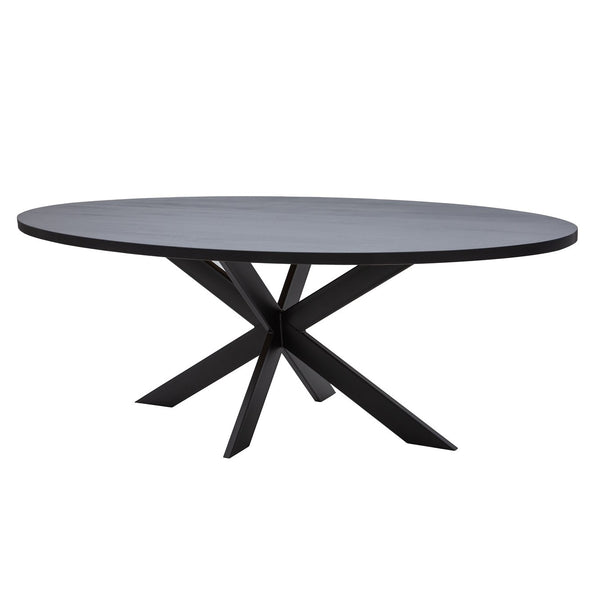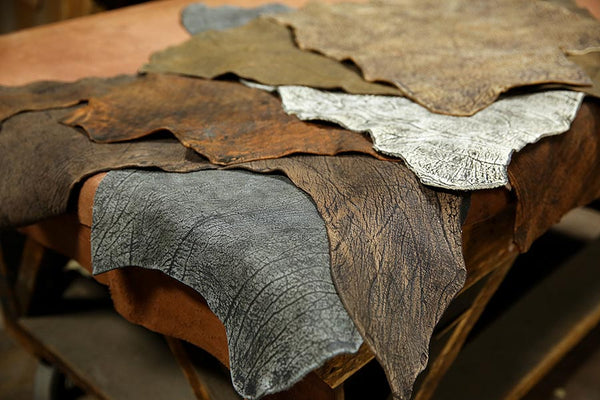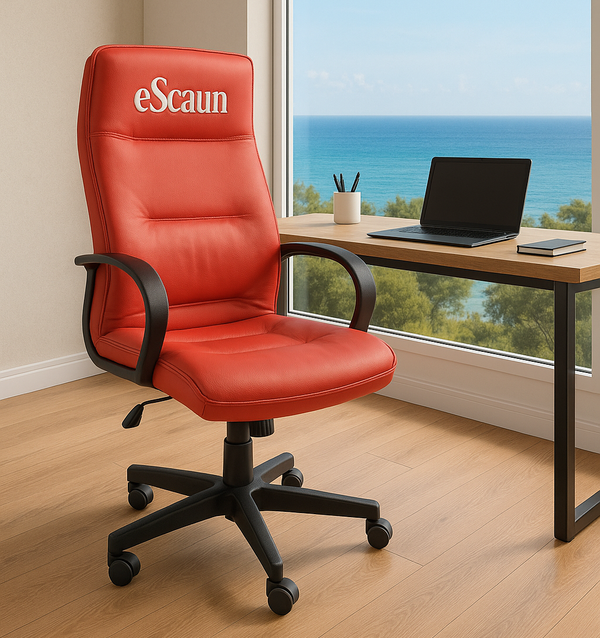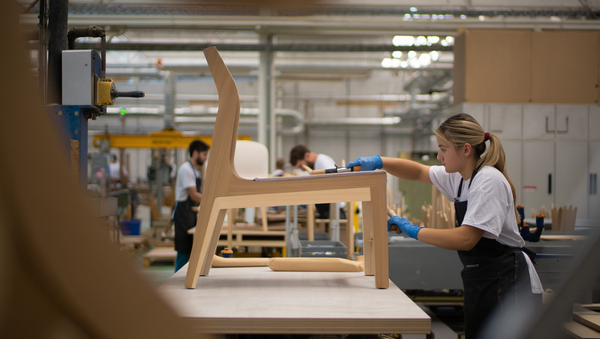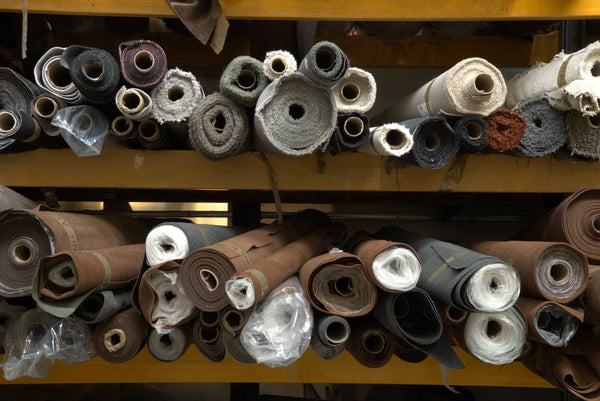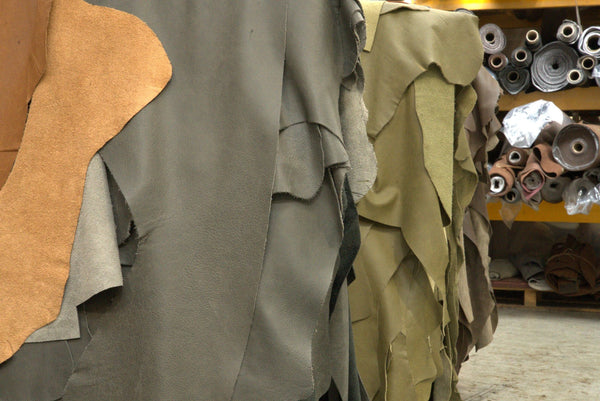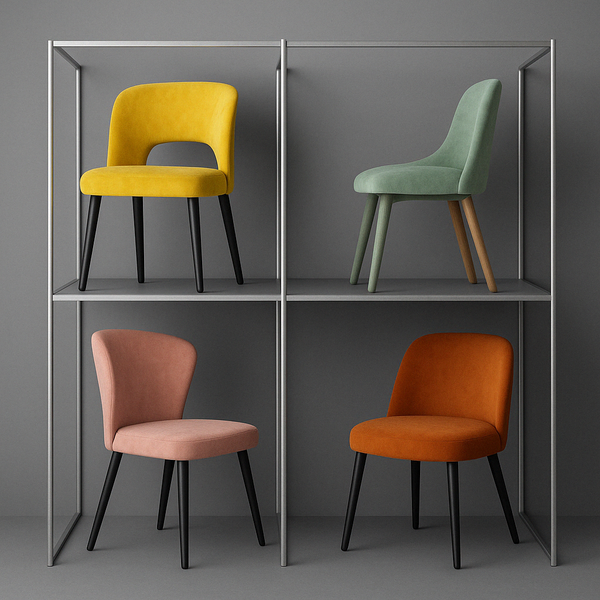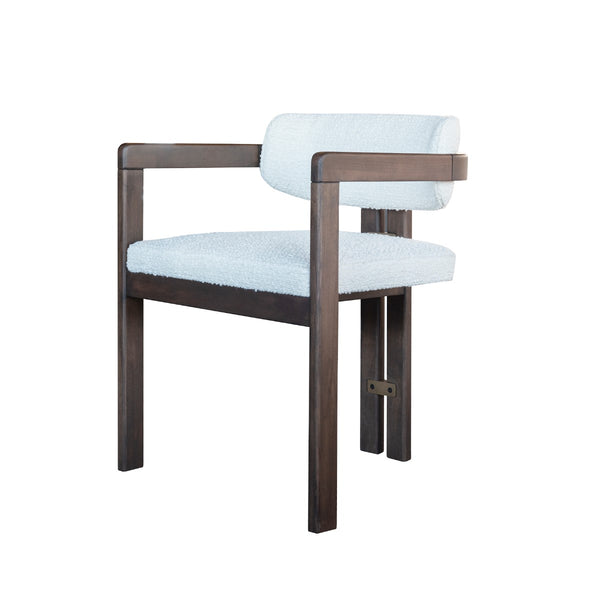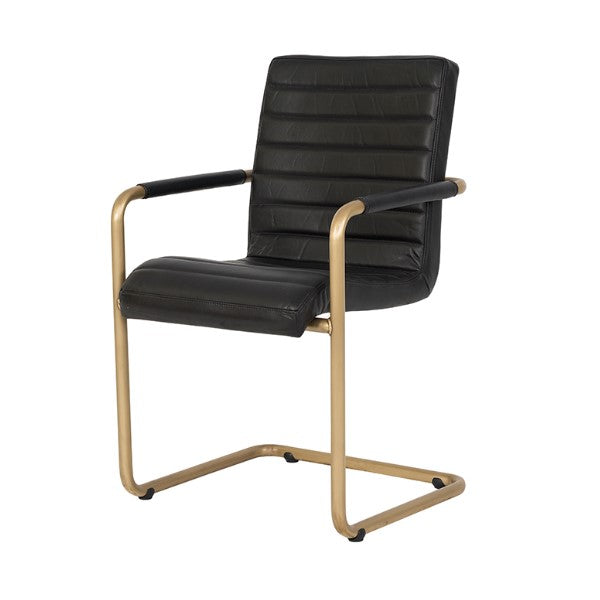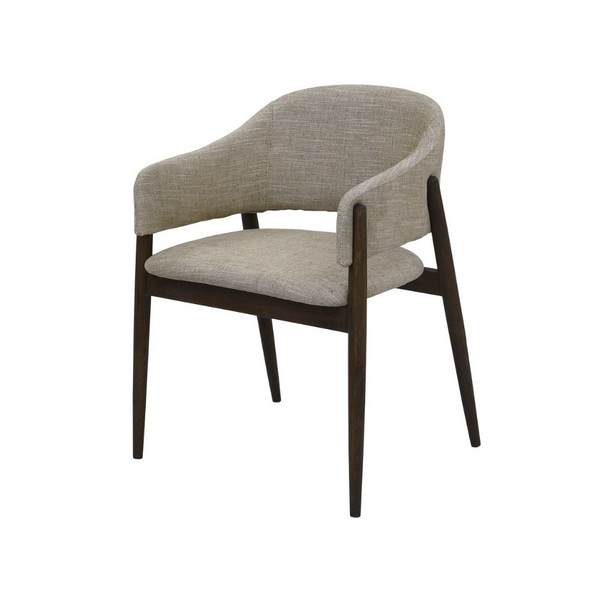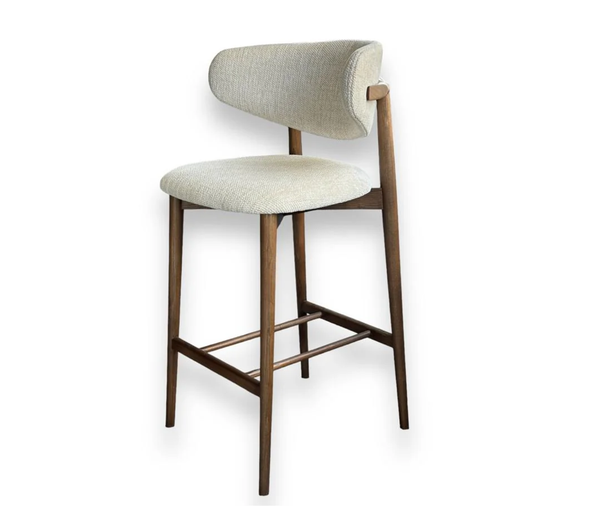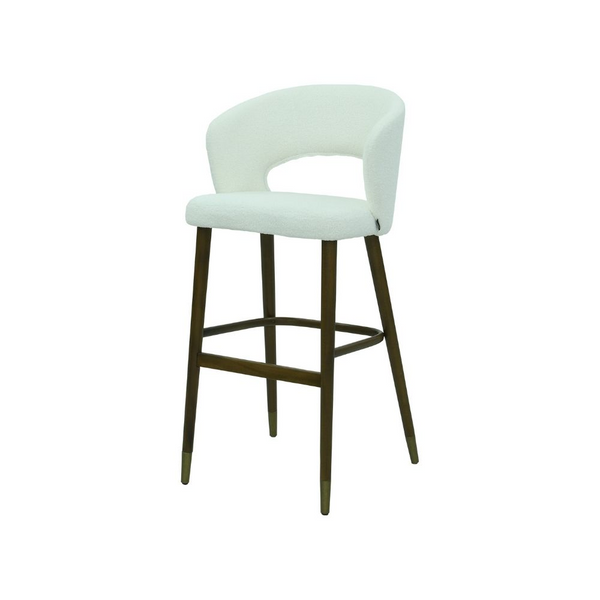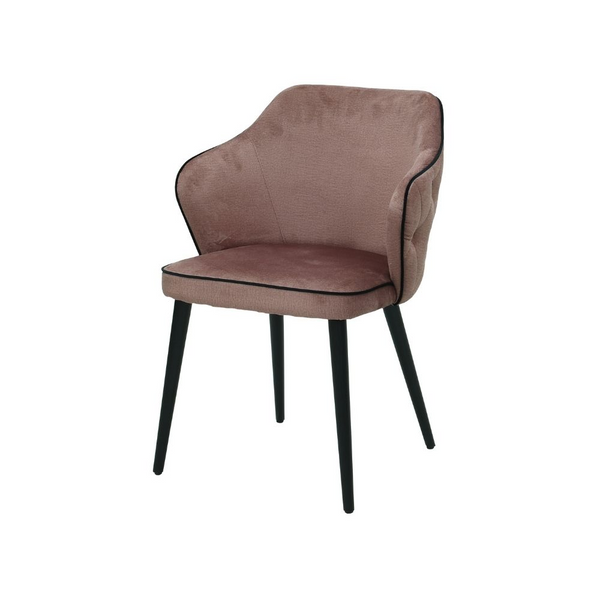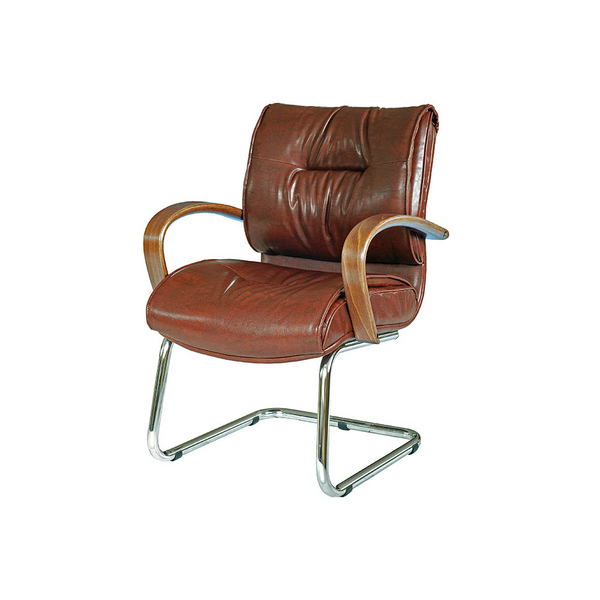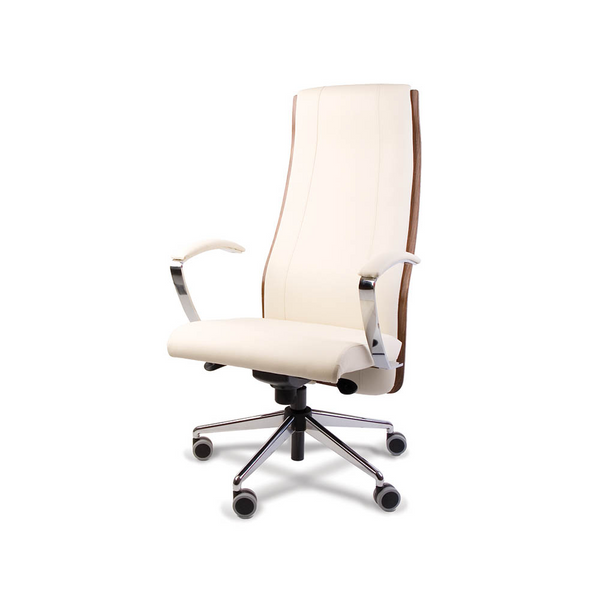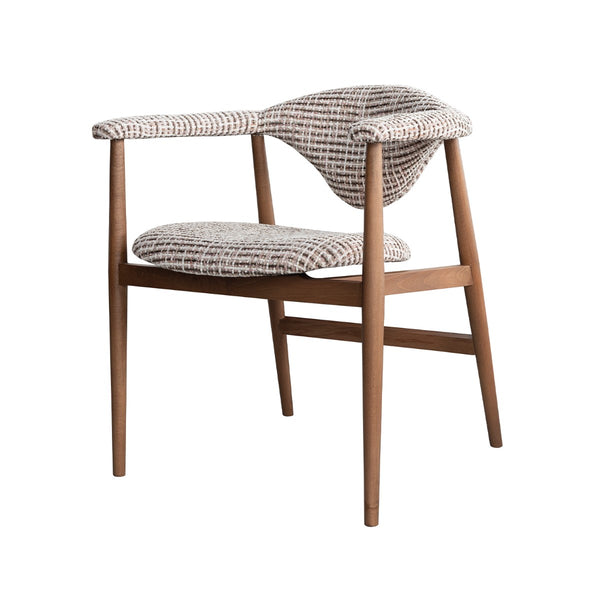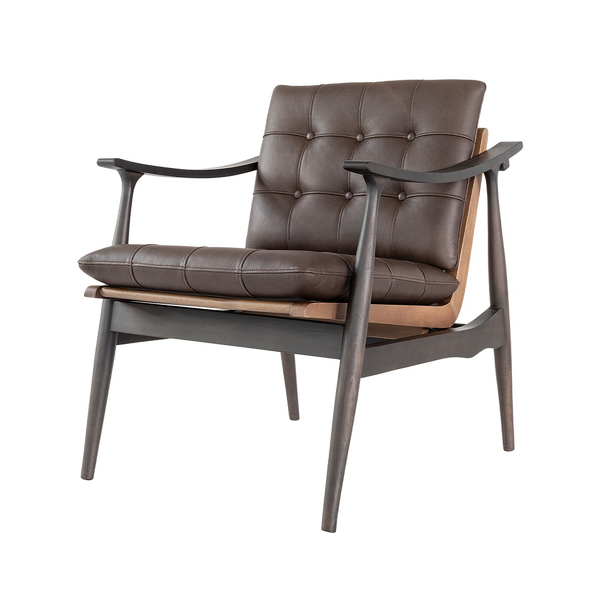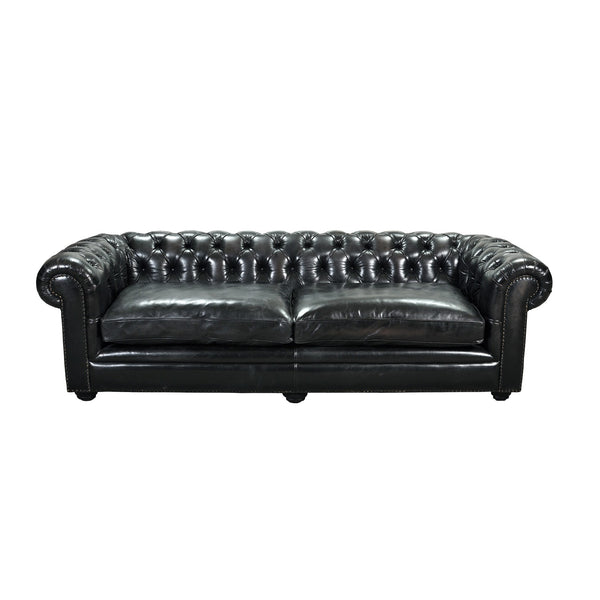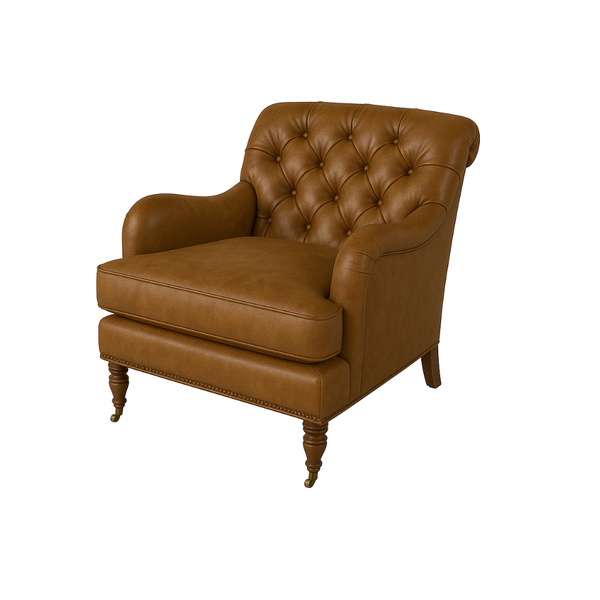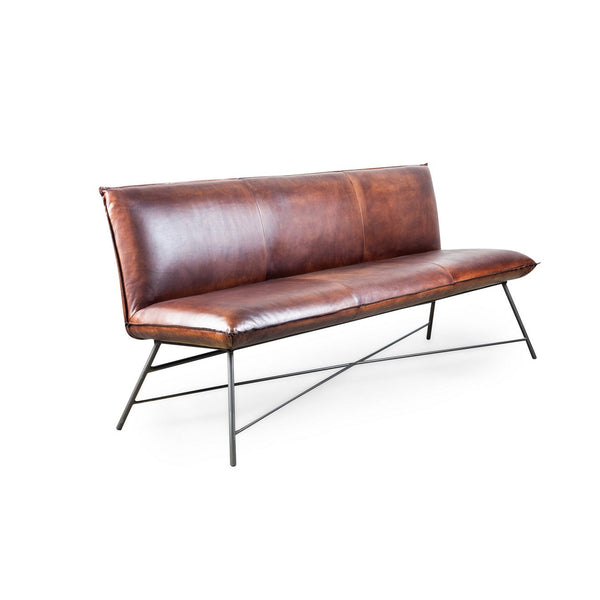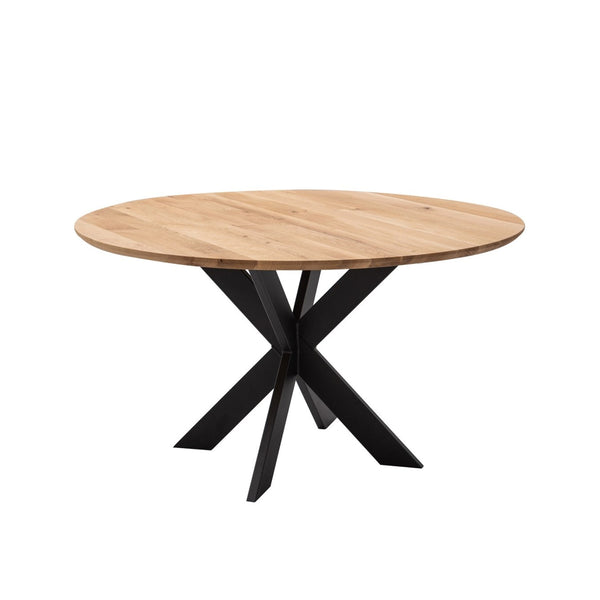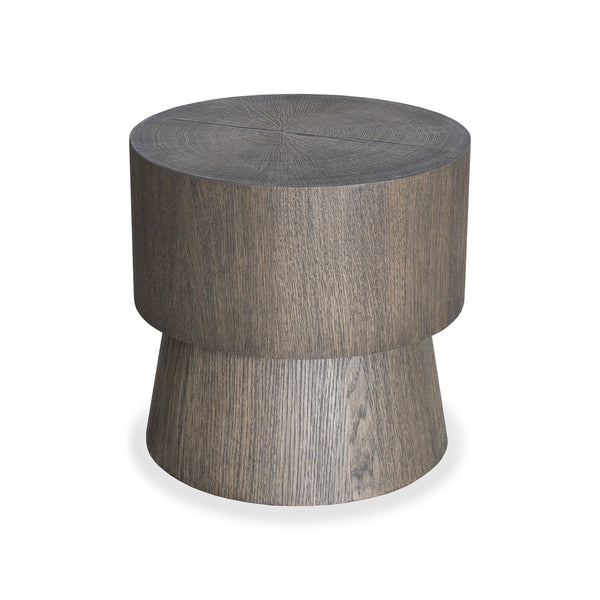Evoluția mobilei second hand în România
Mobilierul second hand a devenit o opțiune tot mai populară în ultimele decenii, întrucât oamenii își doresc să adopte un stil de viață sustenabil și să facă economii în ceea ce privește amenajarea locuinței. România nu face excepție, iar piața mobilei second hand a cunoscut o evoluție semnificativă în ultimii ani. Acest articol se va concentra asupra evoluției mobilei second hand în România și va prezenta orașele cu cele mai multe magazine de mobilă second hand.
Evoluția mobilei second hand în România: România a traversat o perioadă de transformare economică și socială semnificativă în ultimele decenii, iar piața mobilei second hand a fost influențată de aceste schimbări. În anii '90, după prăbușirea regimului comunist, piața mobilei second hand a început să se dezvolte treptat. Românii căutau alternative accesibile din punct de vedere financiar pentru a-și amenaja casele și au descoperit că mobilierul second hand reprezintă o soluție practică și economică.
Cu trecerea timpului, piața mobilei second hand a început să se diversifice și să se extindă în întreaga țară. Oamenii au început să înțeleagă beneficiile aduse de mobila second hand, cum ar fi prețurile reduse și durabilitatea în fața trecerii timpului. Această schimbare de atitudine a dus la creșterea cererii pentru mobilier second hand și la apariția unui număr tot mai mare de magazine specializate.
Orașele cu cele mai multe magazine de mobilă second hand în România: Există câteva orașe din România care se bucură de o prezență semnificativă a magazinelor de mobilă second hand. Aceste orașe sunt caracterizate de o infrastructură dezvoltată și o piață locală puternică, care susține creșterea acestui sector. Iată câteva exemple:
-
București: Capitala României este unul dintre cele mai vibrante centre economice și culturale, iar piața mobilei second hand a cunoscut o creștere semnificativă aici. Există numeroase magazine de mobilă second hand în București, care oferă o gamă largă de produse și stiluri, de la piese vintage la mobilă modernă.
-
Cluj-Napoca: Cluj-Napoca este un important centru universitar și tehnologic din România. Acest fapt a atras tineri din întreaga țară, ceea ce a contribuit la dezvoltarea pieței mobilei second hand. Magazinele din Cluj-Napoca oferă o selectie variată de mobilier second hand, adresându-se atât studenților cu bugete mai reduse, cât și persoanelor în căutarea unor piese unice și de calitate.
-
Timișoara: Situată în vestul țării, Timișoara este un important centru cultural și economic. Orașul atrage atât turiști, cât și localnici în căutarea mobilierului second hand. Magazinele din Timișoara oferă o gamă diversificată de produse, de la mobilă clasică la piese de design mai contemporan.
-
Iași: Iași este un alt oraș cu o prezență semnificativă a magazinelor de mobilă second hand. Având o populație tânără și un mediu academic puternic, piața mobilei second hand din Iași s-a dezvoltat într-un ritm rapid. Studenții și rezidenții din Iași au acces la mobilier de calitate la prețuri accesibile, contribuind la popularitatea mobilei second hand în oraș.
-
Brașov: Situat în mijlocul Munților Carpați, Brașovul este un oraș cu un important flux turistic. Acesta a determinat apariția și dezvoltarea unor magazine de mobilă second hand, care oferă atât piese tradiționale, cât și opțiuni mai moderne pentru turiști și localnici.
Piața mobilei second hand în România a cunoscut o evoluție semnificativă în ultimii ani. Oamenii au început să aprecieze beneficiile aduse de mobilierul second hand, inclusiv prețurile accesibile și durabilitatea. Orașele precum București, Cluj-Napoca, Timișoara, Iași și Brașov se numără printre cele mai populare destinații pentru magazinele de mobilă second hand, datorită populației diversificate, a prezenței unui mediu academic puternic și a fluxului turistic.
Aceste orașe oferă o gamă variată de produse, de la piese vintage până la mobilă modernă, satisfăcând astfel nevoile și preferințele diferite ale clienților. Indiferent de orașul în care locuiești, mobila second hand poate fi o opțiune excelentă pentru a-ți amenaja casa într-un mod sustenabil și economic.

